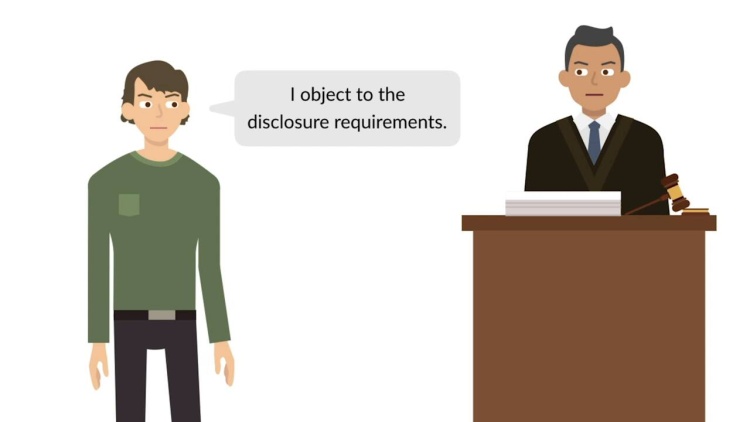Williams v. Florida
United States Supreme Court
399 U.S. 78, 90 S.Ct. 1893, 26 L.Ed.2d 446 (1970)
- Written by Sarah Venti, JD
Facts
The Florida Rules of Criminal Procedure required a criminal defendant to give pretrial notice to the prosecution if he planned on raising an alibi defense at trial, including information about the place the defendant claimed to have been and the names and addresses of any alibi witnesses the defendant intended to call at trial. In advance of his robbery trial, Williams (defendant) moved for a protective order to be excused from the rule's requirements, arguing that the rule violated his Fifth and Fourteenth Amendment rights by compelling him to be a witness against himself. However, Williams ultimately complied with the rule after his motion was denied. Williams also filed a pretrial motion for a 12-person jury instead of the six-person jury provided by Florida law in noncapital cases; this motion was denied. Williams identified Mary Scotty as his alibi witness. Prosecutors called Scotty for a pretrial deposition. Scotty then testified at trial that Williams was at her apartment during the time of the robbery. The prosecution impeached Scotty twice during cross-examination with her deposition testimony. The state also presented the rebuttal testimony of an officer who said that Scotty had asked him for directions during the time in which she claimed to be in her apartment with Williams. The jury ultimately convicted WIlliams, and he was sentenced to life in prison. The appellate court affirmed the conviction. The United States Supreme Court granted certiorari.
Rule of Law
Issue
Holding and Reasoning (White, J.)
Concurrence (Burger, C.J.)
Concurrence/Dissent (Black, J.)
Concurrence/Dissent (Marshall, J.)
What to do next…
Here's why 904,000 law students have relied on our case briefs:
- Written by law professors and practitioners, not other law students. 47,100 briefs, keyed to 995 casebooks. Top-notch customer support.
- The right amount of information, includes the facts, issues, rule of law, holding and reasoning, and any concurrences and dissents.
- Access in your classes, works on your mobile and tablet. Massive library of related video lessons and high quality multiple-choice questions.
- Easy to use, uniform format for every case brief. Written in plain English, not in legalese. Our briefs summarize and simplify; they don’t just repeat the court’s language.





